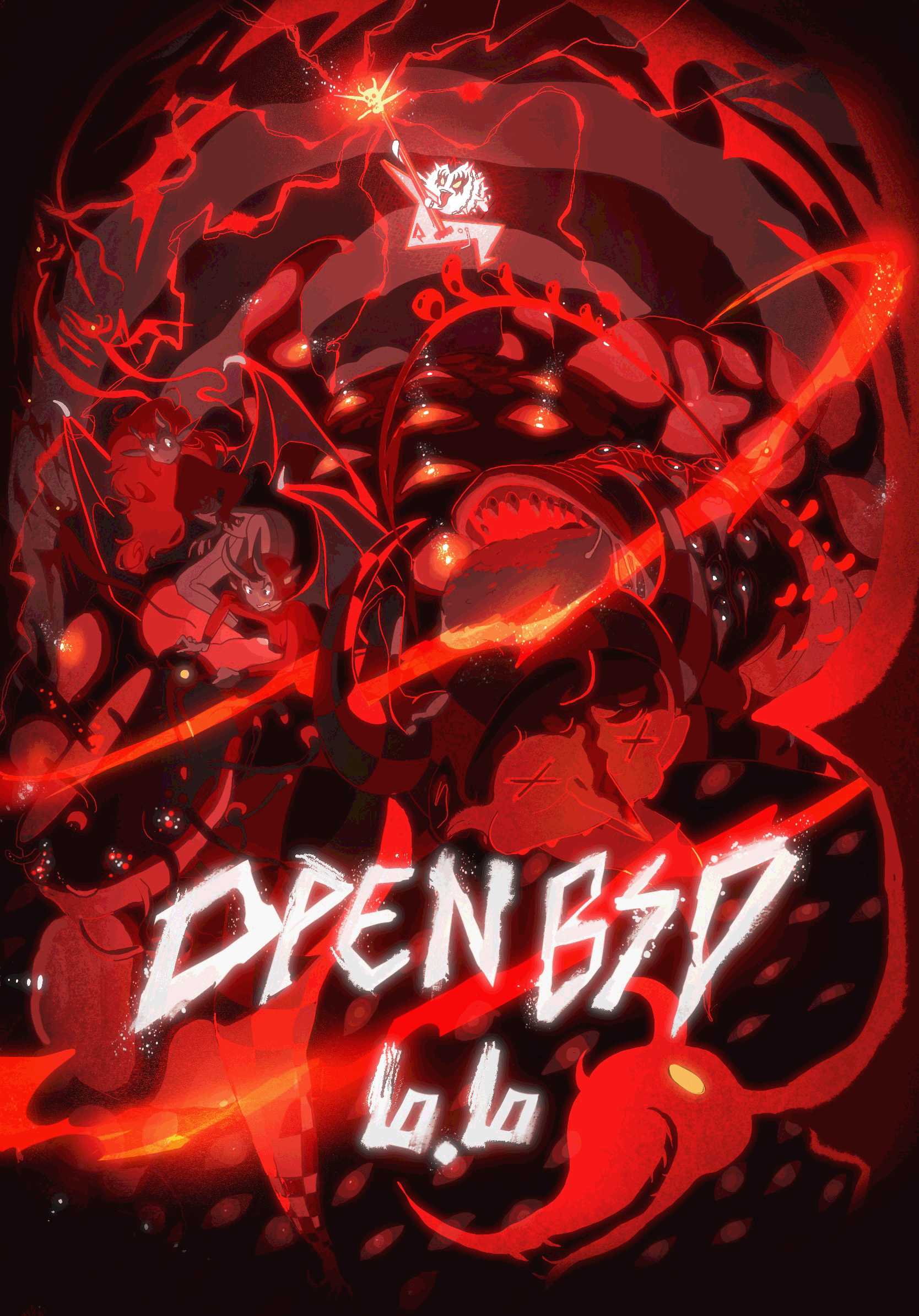Systèmes d'exploitation

Samuel AUBERTIN
WHOAMI
- DUT R&T 2015
- Ingénieur INFRES - École des Mines d'Alès 2018
- Spécialité Systèmes et Réseaux
- Apprentissage avec IBM
- Consultant Cybersécurité - Doctorant CIFRE 2022 ?
twitter.com/sk4nz
sk4.nz
Avant Propos
Un peu de hardware
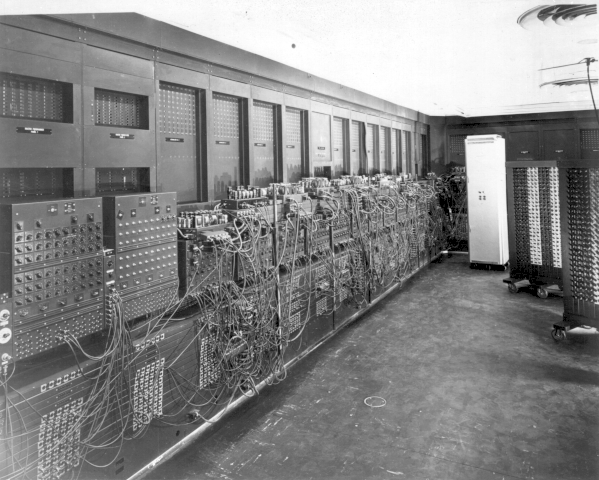

Architecture VON NEUMANN
Basic Input Output System
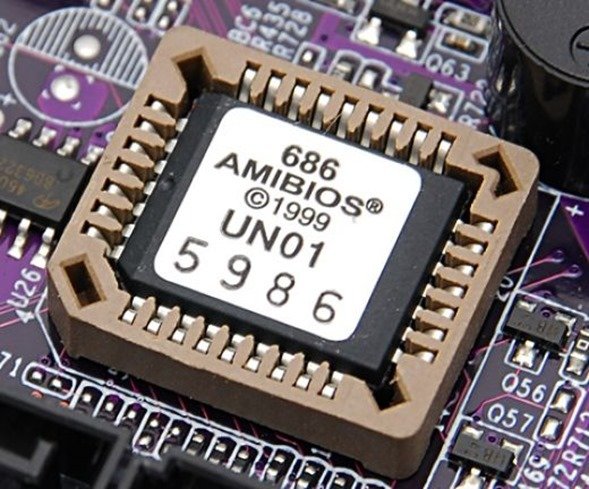
UN pEtit coup ?
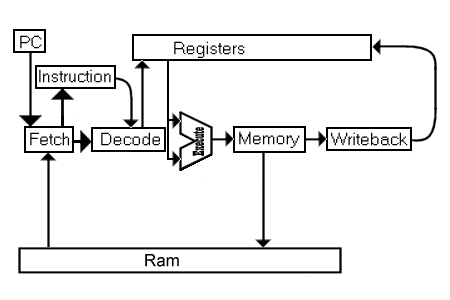
Les modes Processeur x86
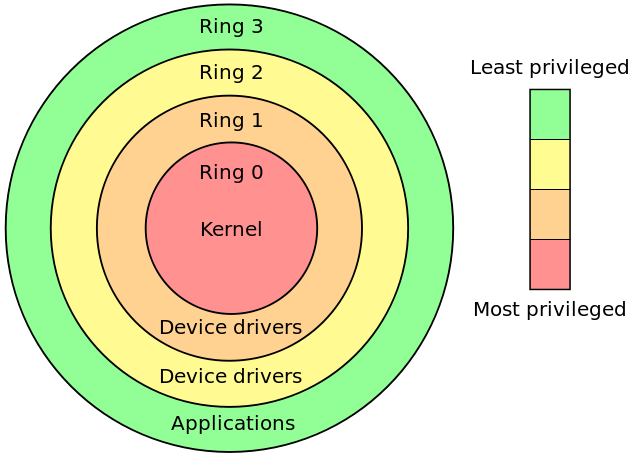
Appels systèmes (Linux x86)
; hello_world.nasm
section .data
; maVariable: valeur
helloMsg: db 'Hello world!',10 ; Hello world!\n
helloSize: equ $-helloMsg ; 13 = sizeof('Hello world!\n');
section .text
; main()
global _start
_start:
mov eax, 4 ; A = Appel système N° 4 : "write" (sys_write)
mov ebx, 1 ; B = Descripteur de fichier N° 1 : STDOUT (sortie standard)
mov ecx, helloMsg ; C = Paramètre : la chaîne à afficher
mov edx, helloSize ; D = Paramètre : la taille de la chaîne
int 80h ; Exécution de l'appel système avec l'interruption 0x80
; === MODE NOYAU ===
mov eax, 1 ; Appel système "exit"
mov ebx, 0 ; Code de retour
int 80h ; Exécution de l'appel système avec l'interruption 0x80
; === MODE NOYAU ===<unistd.h> : ssize_t sys_write(unsigned int fd, const char * buf, size_t count)Mode utilisateur
#include <stdio.h>
int main(int argc, char **argv) {
printf("Hello World !\n");
return 0;
}Mode noyau
#include <unistd.h>
int main(int argc, char **argv) {
write(1, "Hello World!", 12);
return 0;
}UNIX ?
FreeBSD
NETBSD
OpenBSD
UNIX ?
L'abstraction

Unix
- Une famille de systèmes d'exploitation
- Qui répondent à des normes
- ISO/IEC 9945-2009
- IEEE Standard n°1003.1
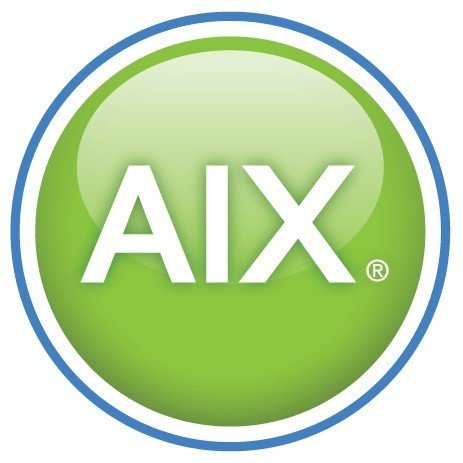


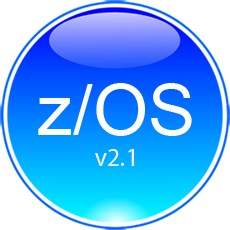
Un système d'exploitation ?
Noyau
Système d'exploitation
Interface utilisateur
Hardware
API/ABI
Drivers
Des normes ?
POSIX
API
ABI
Philosophie
Rasoir d'Ockham : Pluralitas non est ponenda sine necessitate
(les multiples ne doivent pas être utilisés sans nécessité)
La simplicité est la sophistication suprême
Léonard de Vinci
Il semble que la perfection soit atteinte non quand il n'y a plus rien à ajouter, mais quand il n'y a plus rien à retrancher
Antoine de Saint-Exupéry
PhilosophiE'

Arbre généalogique unix

Arbre généalogique unix
Dates Clés
- 1964 - Multics - Bell Labs, MIT, DARPA et G.E.
- 1969 - Unics - Ken Thompson de Bell Labs
- 1973 - 25 machines Unics, réécriture en C (Denis Ritchie)
- 1977 - Berkeley Software Distribution sur VAX
- 1981 - Dirty Operating System
- 1983 - 4.2BSD - Avec TCP/IP
- 1987 - Minix - Andrew Tanenbaum
- 1991 - Linux v0.0.1 - Linus Torvalds
-
1992 - 386BSD - Jolix
- 1993 - FreeBSD et NetBSD
- 1996 - OpenBSD - Theo De Raadt
Pourquoi ça a marché
"Do One Thing and Do It Well."
ls
cat
grep
cd
cp
Freebsd
aK-47 du sysadmin
Un système Complet
Un noyau ET une base.
Facilement modifiable.
Une équipe de développeurs barbus.

Assez peu connu...

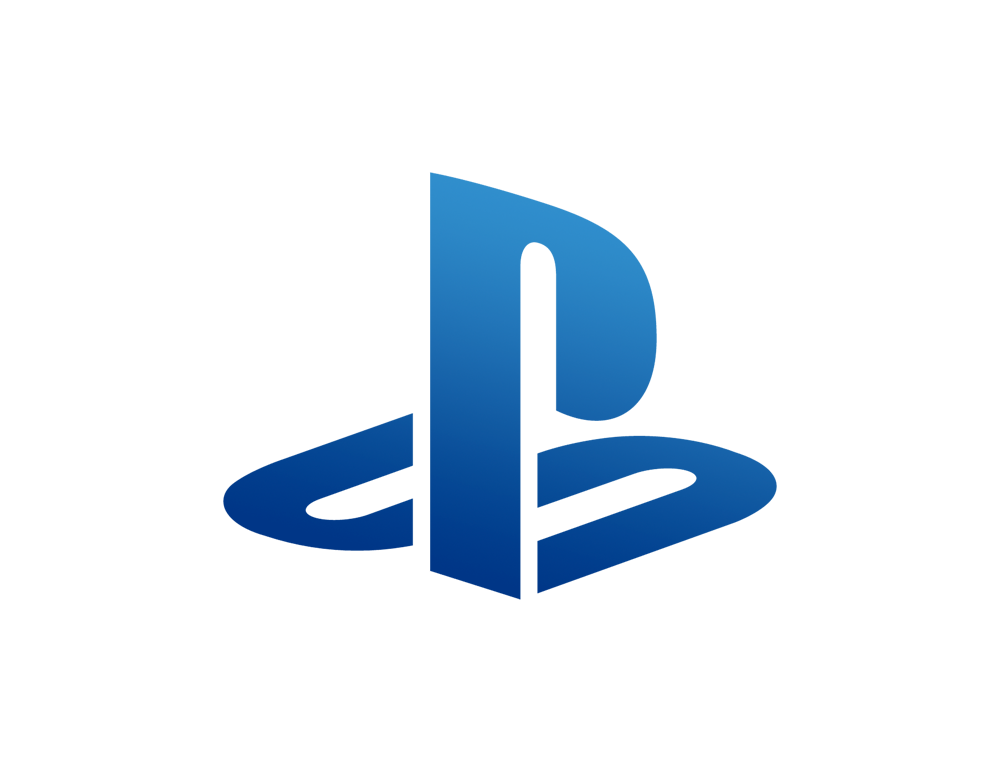


Qui tourne sur BEAUCOUP D'ARCHITECTURES
- amd64
- i386
- ia64
- powerpc
- powerpc64
- sparc64
- ARM
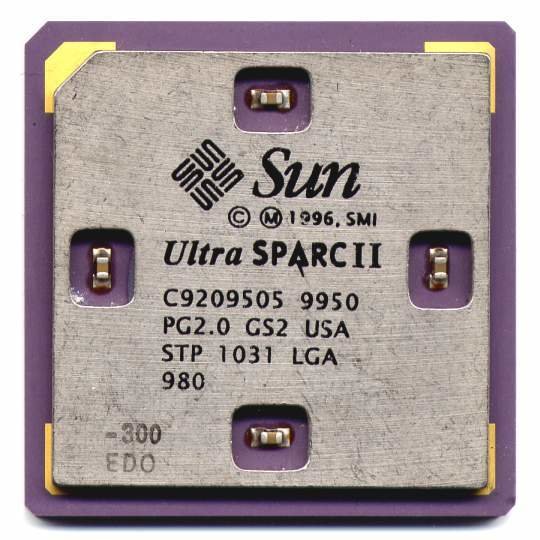
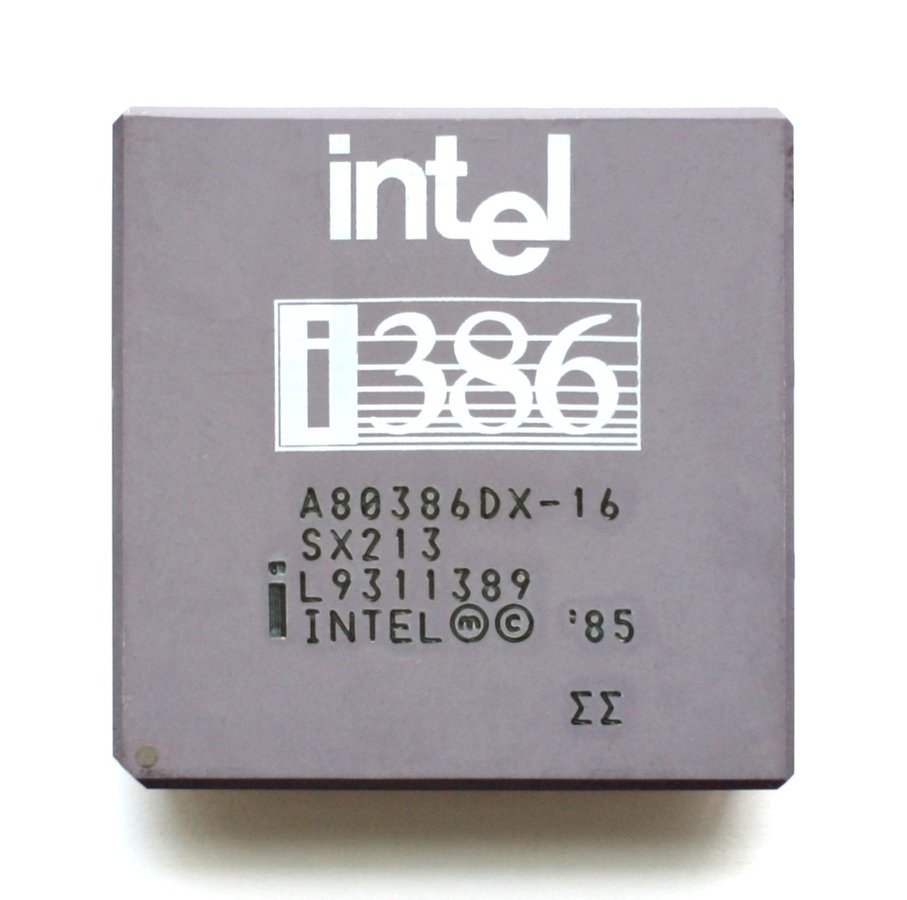
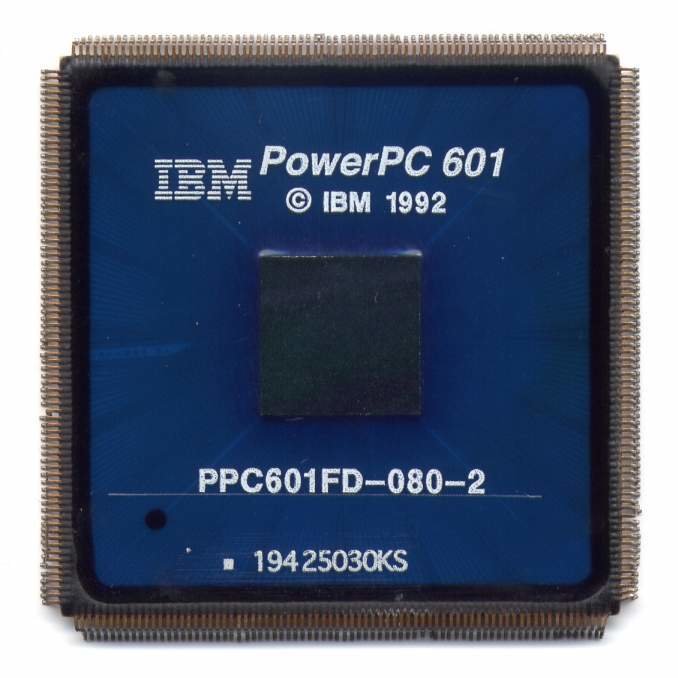
Fonctionnalités
- ZFS : Sytème de fichiers
- Jails : Conteneurs
- bHyve : Hyperviseur
- PacketFilter : Pare-Feu
- 25450 ports et packages disponibles
- Cartes graphiques ATI et nVidia !
- Excellent support audio
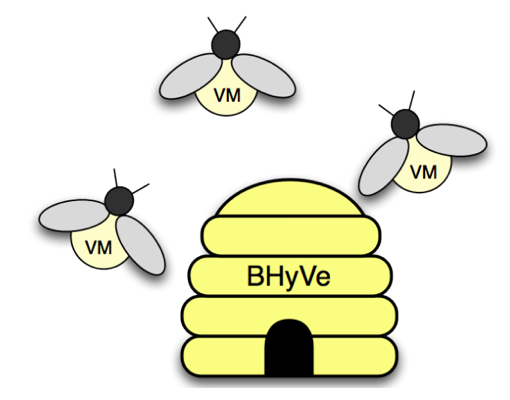

~15 vulnérabilités/an
Patchs dans -STABLE et -CURRENT :
Fiable
- HEARTBLEED : 6h
- SHELLSHOCK : 12h
- POODLE : 2h
Simple à Administrer
# pkg install nmapInstallation de nmap via les packages
# portsnap fetch extract
# cd /usr/ports/security/nmap/
# make install cleanInstallation de nmap via les ports
- Handbook
- Developers Handbook
- Arch Handbook
Documentation
Beaucoup de littérature parue !
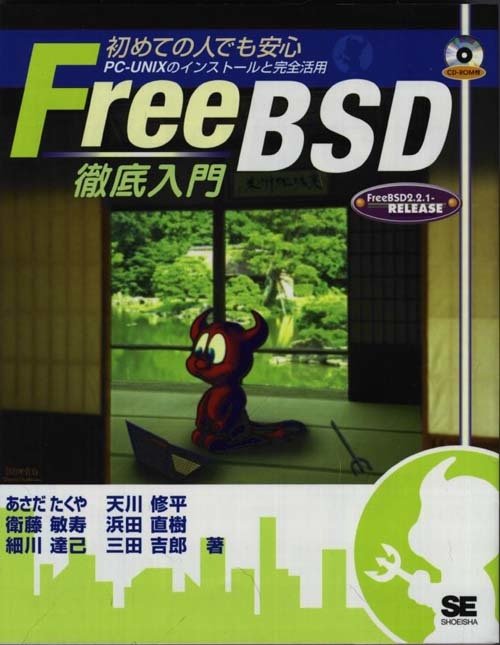
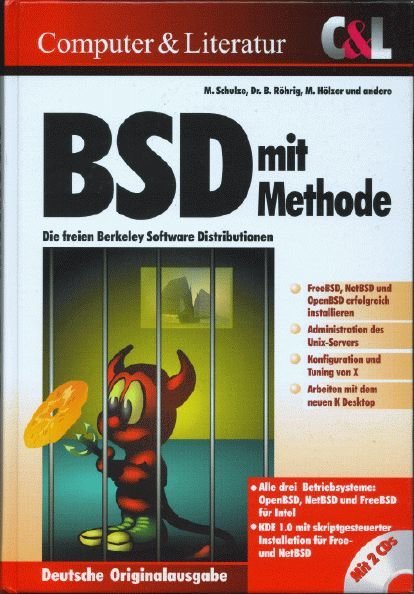
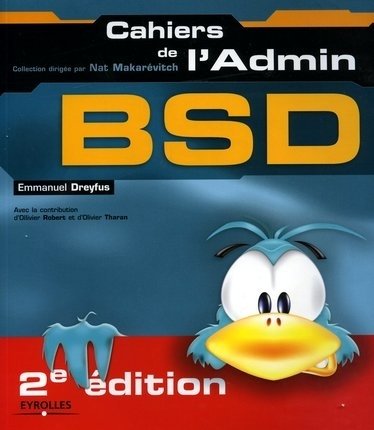
Licence
Copyright (c) 1998, Regents of the University of California
All rights reserved. Redistribution and use in source and binary forms, with or without modification, are permitted provided that the following conditions are met:
* Redistributions of source code must retain the above copyright notice, this list of conditions and the following disclaimer.
* Redistributions in binary form must reproduce the above copyright notice, this list of conditions and the following disclaimer in the documentation and/or other materials provided with the distribution.
* Neither the name of the University of California, Berkeley nor the names of its contributors may be used to endorse or promote products derived from this software without specific prior written permission.
NETbsd
Bien sûr que ce machin tourne sous netbsd
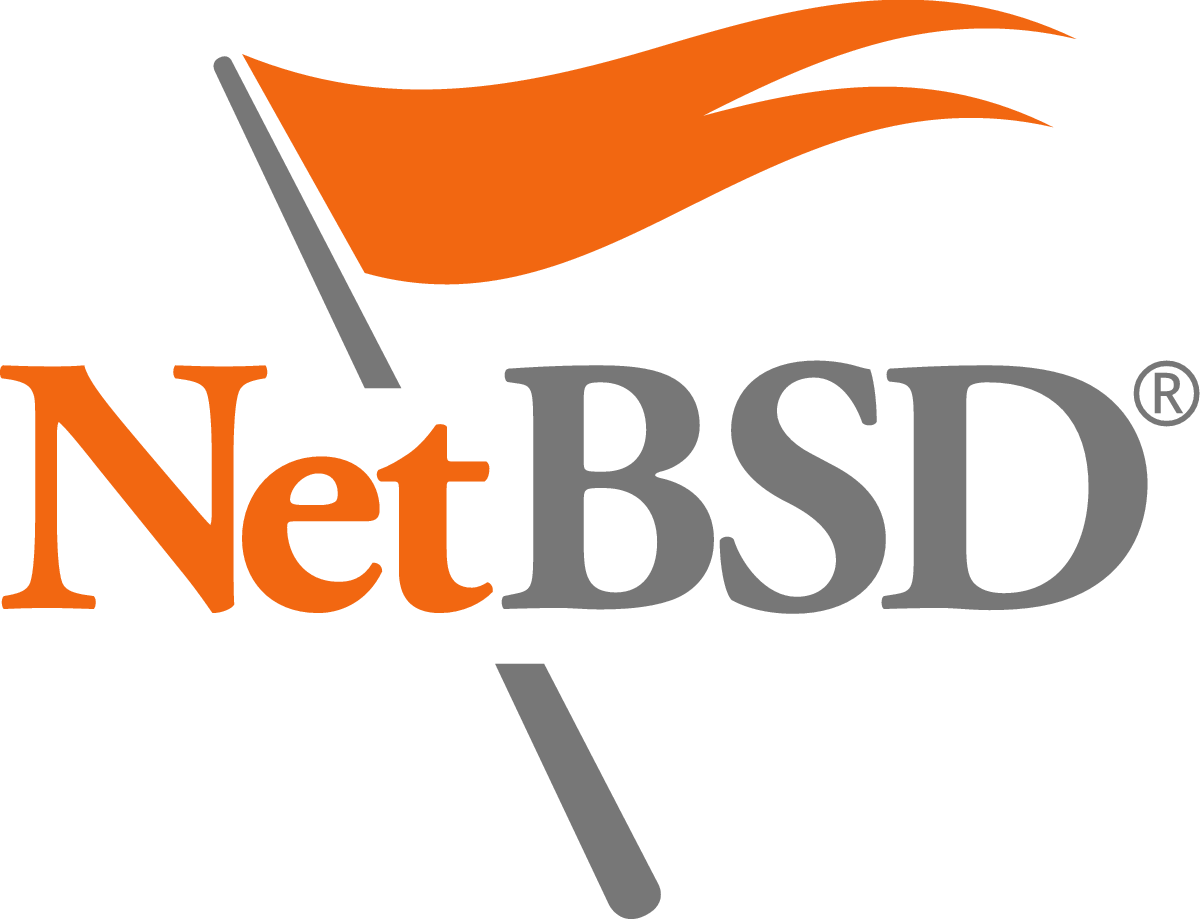
NETbsd

57 architectures supportées
http://www.netbsd.org/ports/















OpenBSD
Le TURFU
connaissez-vous...
Tous proviennent du projet OpenBSD !
OpenSSH
OpenSMTPd
OpenBGPd
OpenNTPd
PacketFilter
LibreSSL
La sécurité avant tout
~7.5 vulns/an !
strlcpy()
strlcat()
W^X
segments .rodata
random malloc()
random mmap()
chroot amélioré
doas
pledge()
Mais aussi...
Pas de BLOBS !
DOAS
Dedicated OpenBSD Application Subexecutor : le sudo maison.

#/etc/sudoers
sk4nz ALL = (root) NOPASSWD: /usr/sbin/nmap#/etc/doas.conf
permit nopass sk4nz as root cmd /usr/sbin/nmapDOAS'
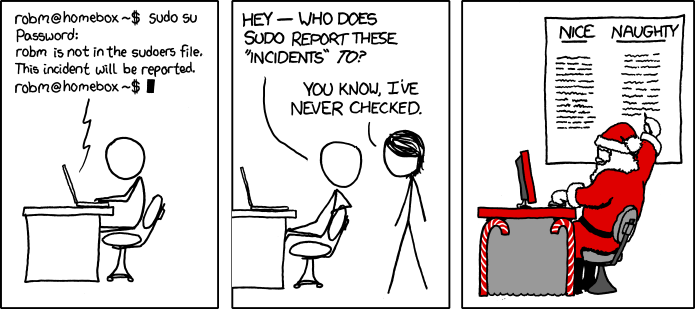
Pledge()
#include <unistd.h>
int pledge(const char *promises, const char *paths[]);if (pledge(“dns”, NULL) == -1)
err(1, “Pledge Init”);Avec pledge(), on promets à l'OS que le programme ne fera que ce qui est énoncé.
La DOCUMENTATION
La plus complète de toutes celles que j'ai pu lire.
- Pas de forum.
- Pas de chat IRC officiel pour les utilisateurs.
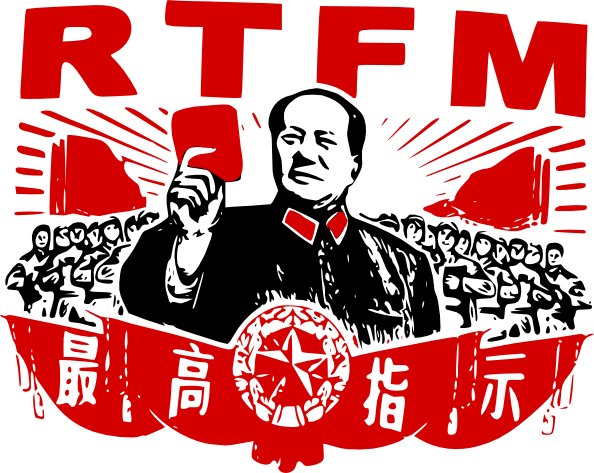
LEs points à améliorer
- Le support multicoeur
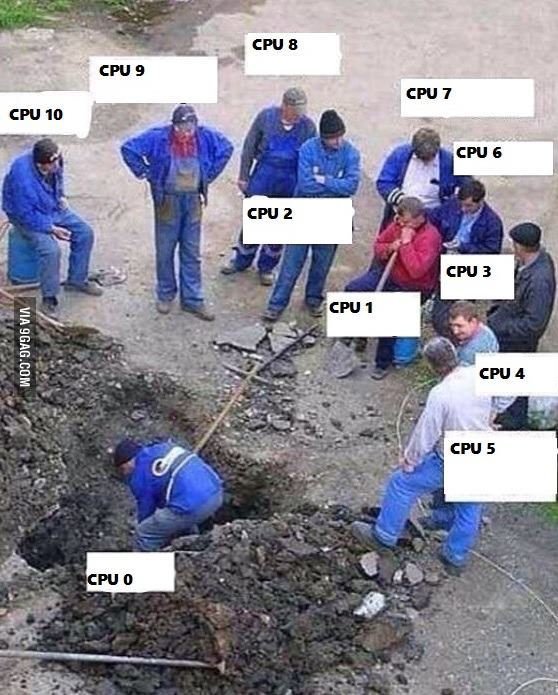
- Le système de fichiers : UNIX v7 Fast File System
- Pas de snapshots
- Pas über-performant
Un serveur WWW ?
# cat /etc/httpd.conf
server "sk4.nz" {
listen on * port 80
}Dynamique ?
# cat /etc/httpd.conf
server "sk4.nz" {
listen on * port 80
location "/*.php*" {
fastcgi socket "/run/php-fpm.sock"
}
}
Licence
Copyright (C) <année(s)> <détenteur(s)> Permission to use, copy, modify, and/or distribute this software for any purpose with or without fee is hereby granted, provided that the above copyright notice and this permission notice appear in all copies.
Conclusion

La Cohérence
La Sécurité PRO-ACTIVE
LA DOCUMENTATION
Systèmes d'exploitations : BSD
By samuelaubertin
Systèmes d'exploitations : BSD
Une présentation d'Unix, FreeBSD et OpenBSD.
- 975


